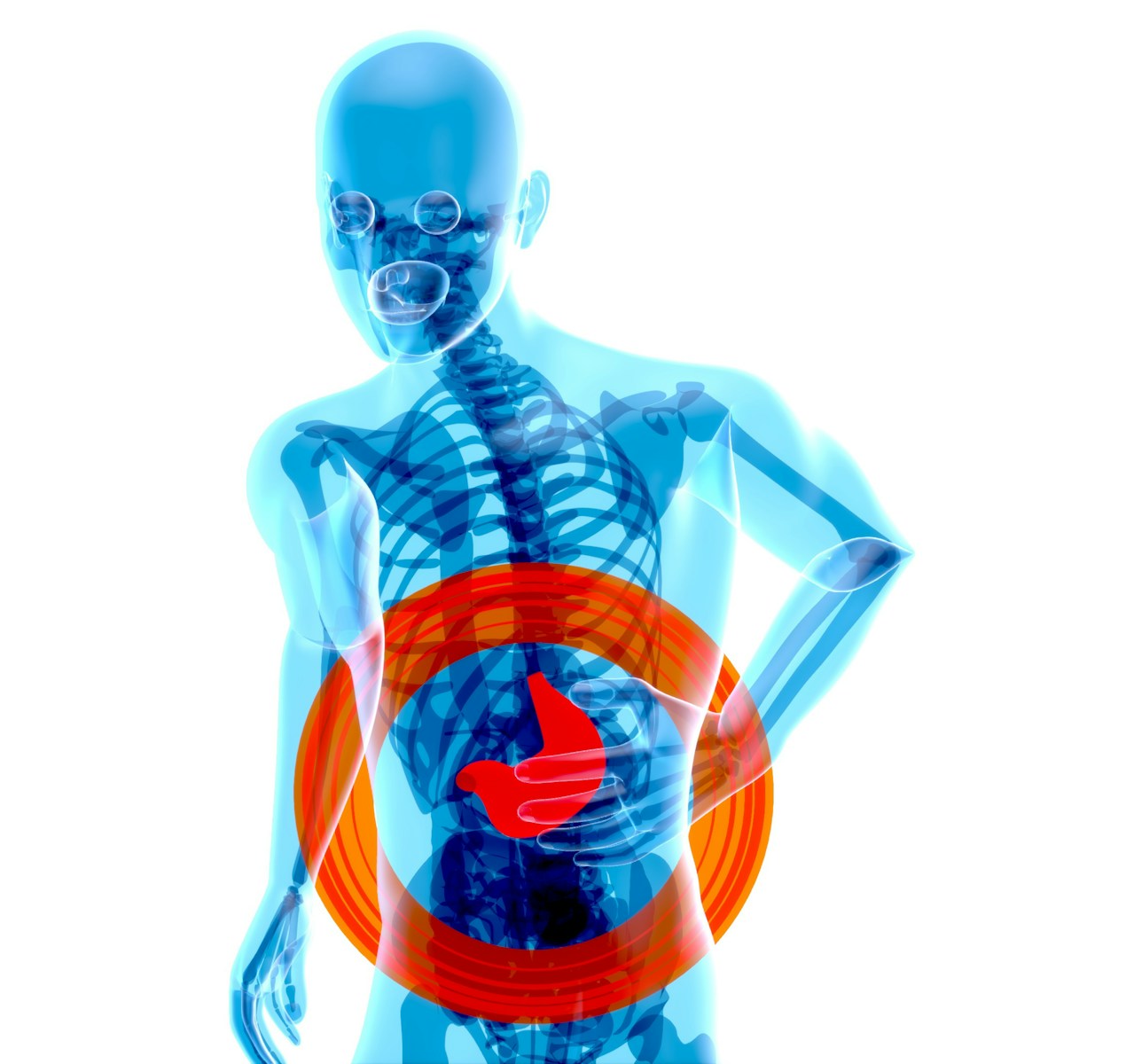![]()
Fatty liver disease, characterized by the accumulation of fat in liver cells, is increasingly common due to lifestyle choices, obesity, and metabolic disorders. It can lead to serious complications if left untreated. Fortunately, holistic healing approaches, particularly yoga and Ayurveda, offer effective strategies for managing and potentially reversing fatty liver conditions. This article explores these methods in detail, providing practical tips for healthy living.
Table of Contents
- Understanding Fatty Liver Disease
- Types of Fatty Liver Disease
- Causes and Risk Factors
- The Holistic Approach to Healing
- Importance of a Holistic Perspective
- Integrating Mind, Body, and Spirit
- Yoga for Fatty Liver
- Benefits of Yoga for Liver Health
- Recommended Yoga Poses
- Incorporating Yoga into Daily Life
- Ayurvedic Principles for Fatty Liver
- Overview of Ayurveda
- Dietary Recommendations
- Herbal Remedies and Treatments
- Healthy Living Tips
- Lifestyle Modifications
- Stress Management Techniques
- Importance of Hydration and Nutrition
- Conclusion
- Recap of Holistic Approaches
- Encouragement for Lifestyle Changes
Understanding Fatty Liver Disease
Types of Fatty Liver Disease
Fatty liver disease can be classified into two main types:
- Alcoholic Fatty Liver Disease (AFLD): Caused by excessive alcohol consumption.
- Non-Alcoholic Fatty Liver Disease (NAFLD): Occurs in individuals who do not consume significant amounts of alcohol and is often associated with obesity, diabetes, and metabolic syndrome.
Causes and Risk Factors
The accumulation of fat in the liver can result from several factors, including:
- Obesity: Excess body weight is a significant risk factor for NAFLD.
- Insulin Resistance: Often linked to type 2 diabetes, insulin resistance can lead to fat buildup in the liver.
- Poor Diet: High-calorie diets rich in sugars and unhealthy fats contribute to fatty liver.
- Sedentary Lifestyle: Lack of physical activity exacerbates weight gain and liver fat accumulation.
The Holistic Approach to Healing
Importance of a Holistic Perspective
A holistic approach to health considers the whole person—body, mind, and spirit. This perspective is crucial for managing fatty liver disease, as it emphasizes the interconnection between physical health, emotional well-being, and lifestyle choices.
Integrating Mind, Body, and Spirit
Holistic healing encourages practices that nurture all aspects of life, including:
- Mindfulness and Meditation: Reducing stress through mindfulness practices can positively impact liver health.
- Physical Activity: Regular exercise supports weight management and liver function.
- Balanced Nutrition: A diet rich in whole foods promotes overall health and aids in liver detoxification.
Yoga for Fatty Liver
Benefits of Yoga for Liver Health
Yoga is a powerful tool for enhancing liver health. Its benefits include:
- Improved Blood Circulation: Yoga poses stimulate blood flow to the liver, promoting detoxification.
- Stress Reduction: Yoga helps alleviate stress, which can negatively affect liver function.
- Enhanced Digestion: Certain poses aid in digestion and metabolic processes.
Recommended Yoga Poses
Here are three effective yoga poses for fatty liver management:
- Paschimottanasana (Seated Forward Bend): This pose stretches the spine and stimulates the liver, enhancing blood circulation.
- Ekapada Pavanmuktasana (One-Legged Wind-Relieving Pose): This pose aids digestion and helps detoxify the liver.
- Ardha Matsyendrasana (Half Lord of the Fishes Pose): This seated twist massages the liver and promotes detoxification.
Incorporating Yoga into Daily Life
To reap the benefits of yoga, consider the following tips:
- Practice Regularly: Aim for at least 30 minutes of yoga three to five times a week.
- Join a Class: Participating in a yoga class can provide guidance and motivation.
- Use Online Resources: Many online platforms offer yoga sessions tailored for liver health.
Ayurvedic Principles for Fatty Liver
Overview of Ayurveda
Ayurveda, an ancient Indian system of medicine, focuses on balancing the body’s energies (doshas) to promote health. It emphasizes personalized treatment plans based on individual constitution and health conditions.
Dietary Recommendations
Ayurveda recommends a diet that supports liver health, including:
- Bitter Foods: Incorporate bitter gourd, dandelion greens, and other bitter vegetables that stimulate liver function.
- Anti-Inflammatory Foods: Include turmeric, ginger, and garlic to reduce inflammation.
- Hydration: Drink plenty of water and herbal teas to support detoxification.
Herbal Remedies and Treatments
Several Ayurvedic herbs are beneficial for fatty liver management:
- Kutki (Picrorhiza kurroa): Known for its hepatoprotective properties, it helps detoxify the liver.
- Bhumi Amla (Phyllanthus niruri): Supports liver health and function.
- Triphala: A combination of three fruits that aids digestion and detoxification.
Healthy Living Tips
Lifestyle Modifications
Implementing lifestyle changes is crucial for managing fatty liver:
- Weight Management: Aim for gradual weight loss through a balanced diet and regular exercise.
- Avoid Alcohol: Eliminate or significantly reduce alcohol consumption to prevent further liver damage.
- Regular Exercise: Engage in aerobic activities such as walking, cycling, or swimming to enhance liver function.
Stress Management Techniques
Incorporate stress-reducing practices into your daily routine:
- Meditation: Spend a few minutes each day in meditation to calm the mind.
- Deep Breathing Exercises: Practice deep breathing to alleviate stress and improve oxygen flow.
Importance of Hydration and Nutrition
Staying hydrated and maintaining a nutritious diet are essential for liver health:
- Drink Water: Aim for at least eight glasses of water daily to support liver detoxification.
- Eat Whole Foods: Focus on fruits, vegetables, whole grains, and lean proteins to nourish the body.
Conclusion
Holistic healing for fatty liver through yoga, Ayurveda, and healthy living tips offers a comprehensive approach to managing this condition. By integrating physical practices, dietary changes, and stress management techniques, individuals can support their liver health and overall well-being. Embracing these holistic methods encourages a healthier lifestyle, potentially reversing the effects of fatty liver disease and promoting long-term health.





